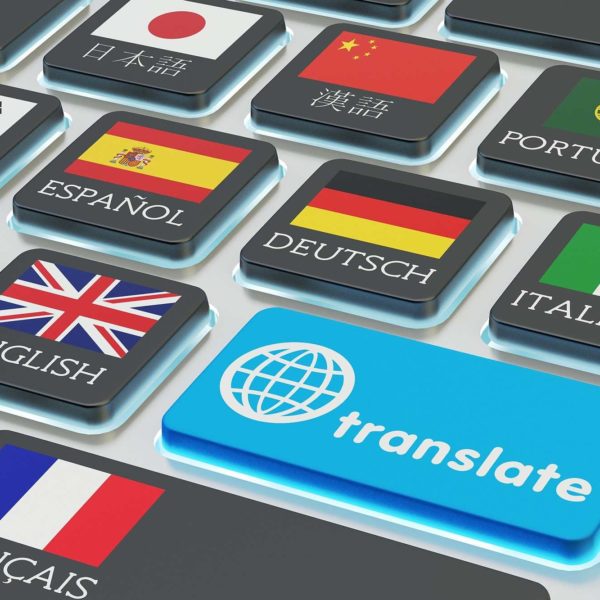5 Reasons Why Your Business Needs a Translation Memory

What is translation memory?
A translation memory (often shortened to TM) is a tool that keeps track of all of the content translated in case you might need to use it again. Individual terms are then stored in a term base (shortened to TB) for the next time you need a translation completed, to keep things consistent. Think of the TB as a glossary of terms that is attached to the library of already translated content for your organization.
Professional translators typically use computer assisted translation (CAT) tools to assist with translation. After a translator begins to build a translation memory, the CAT tool can check for exact matches or fuzzy matches.
An exact 100% match would be a segment (usually a sentence) that you’ve had translated before. If these are in the memory already, they take little effort to translate again – the translator would just need to check for accuracy within the context of the new document. A fuzzy segment is one that is similar to one in the term base, but it does not match exactly to what was translated before. It takes less time than a brand-new translation, but more time than an exact match. A new segment is one that is not in the translation memory at all.
Why is it important to build up a translation memory and a term base?
1. When repetitions are found, you will have lower translation fees
Most language service providers (LSPs) maintain a translation memory and give discounts for segments already in the translation memory. You’ll pay different rates per word for different types of matches in the system, so if your content has largely already been translated and input into your translation memory, you’ll save big.
2. It improves quality by maintaining consistency across different projects
If there is a translation memory, multiple translators can work on the same file even if they do not have a long history of working with you. As they work, the memory will suggest linguistic solutions that were already quality-checked and approved during a prior project. A term base is like your company’s “dictionary.” If it’s important to have a certain term or phrase translated the exact same way every time, it’s important to have a term base that any translator working on your project is able to access. You can also help with quality control by contributing terms that you know your company prefers. Once those are correct in the term base, you can be sure the translator using the translation memory won’t translate those in their own way.
3. Your translators can work more efficiently
If there’s an existing translation memory and term base, your translators won’t be reinventing the wheel with every new project. It’s much more efficient for translators to check a pre-existing translation than it is to translate something new. If you have a list of standard terminology for your company or industry, you also won’t be wasting time by translating the terms fresh every single time.
4. You are the sole owner of your translation memory – it’s not used for other businesses
A good language service provider will not reuse your translation memory for other businesses. Because the translation memory is unique to your business, you can ask for changes or updates as you see fit. Your business might have terms that need to be translated in a very specific way that is unique to you. Maintaining a separate translation memory per business ensures that your copy stays distinctive to you. Not happy with your current provider? You can take your TM with you to a new one. It is subject to copyright laws and belongs to you.
5. You can request different term bases for different projects
If your company works in multiple different arenas that require different sets of terminology, it’s possible to ask your language service provider to maintain different term bases depending on which project they are translating. This is especially important for businesses that work with multiple verticals.
If your business has never gotten professional translation done with a language service provider before, it’ll take some time to build up the translation memory for your particular business. However, once you put a few translation projects under your belt, you’ll see that you save time and money. Your language service provider will be able to deliver a higher quality product for less money in a quicker amount of time with every new project you need translated.
TLC uses Memsource to maintain custom, personalized translation memories and term bases for every customer. This means the more you work with us, the more you save! Contact us today for a quote.





